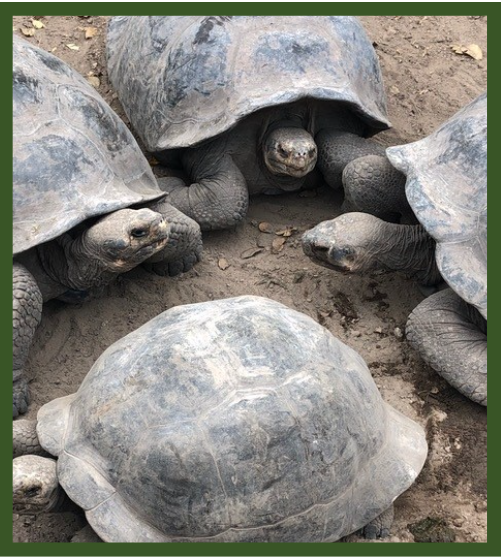We have been taught to glorify speed and efficiency. As if they were the same thing. As if getting more done faster is the pinnacle, other perspectives, different work styles, creativity, and connection be damned.
This approach leaves no room for reflection, it speeds past the opportunity to collaborate or consider the way things have been done and if that way still makes sense. One of the first casualties of equating speed and efficiency is relationships and connection. People can feel ignored or left behind, and, down the line, less engaged.
It’s an unfortunate, but familiar story once people feel disengaged. And it’s not easy to win back their trust and loyalty after it’s been damaged.
How different would it be if we brought a more holistic approach to efficiency, speed, and success? Where we take into account more than just a goal being achieved? What if, along the way, people were mentored, encouraged to offer different perspectives, and felt included in the process? I know it sounds like this would be a time-consuming exercise and indeed, it often takes longer initially. But down the line, people stay engaged, on board, feeling connected and fired up. Now that is efficient –taking the long view of how to get things done not just quickly, but well, with far fewer mistakes and teams ready to do more.
I’ve guided women’s wilderness trips for 50 years now (!!??!!), long before it was popular., back when it wasn’t unusual to be asked, “You girls out here all alone?” It’s fine, I’m glad things are changing. There are distinct differences between these trips and mixed gender groups, different needs, styles, learning methods, and cadence, to name a few.
When larger outdoor programs started to catch on that women’s trips could be marketable, some offered them with male guides. That wasn’t really the point. Others picked their most seasoned women guides, who’d been out in the field with mixed or men’s groups for years. Some guides took this as a challenge to prove women could do it, just as much or even more than the men’s groups, just as strong, just as efficient.
That approach resulted in some grueling trips that were extremely physically demanding, with very little sense of community, other than perhaps bonding through stress. I still get some women on my trips who experienced that kind of leadership, finally ready to try again, trusting/hoping this trip would have a different definition of “success.”
Reflection is a hard-won skill in a fast paced culture. It’s easy to get swept up in the wake, to buzz past things that matter, in the interest of getting something done faster. Holistic efficiency offers another path. One of presence and attention to people, resources, systems, and circumstances. Offering a desperately needed, more expansive definition of success.









